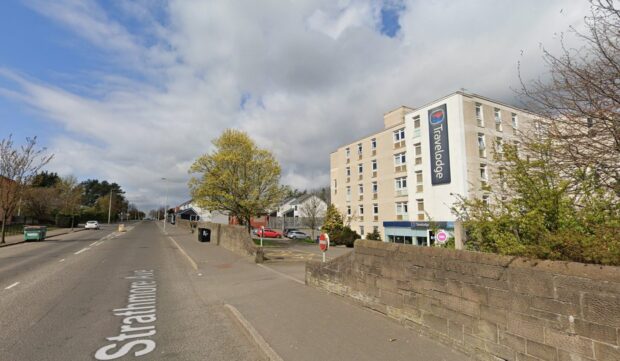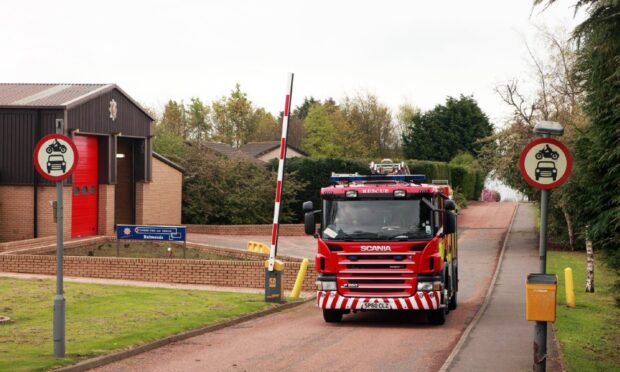The number of people being taken into police custody after offending has fallen by around 70,000 a year since Police Scotland has formed in 2013.
Figures released in response to a Freedom of Information request revealed the number of people detained in custody – locked up in cells between the time of their arrest and first court appearance – is falling by tens of thousands each year.
The overall fall in custody numbers has been attributed to a greater use other disposal methods – such as on-the-spot fines for minor offences – by officers.
Between January and June 2017 640,043 people were detained in custody by Police Scotland.
Over the same six-month period in 2018, just 54,698 people were detained in Scotland’s primary custody centres.
In Dundee, the number of people detained in custody fell from 3,443 to 3,391 while in Kirkcaldy the number of offenders detained in custody fell from 1,804 to 1,755.
Perth also recorded a drop, from 1,192 to 1,030.
However, Dunfermline was one of the few primary custody centres that recorded an increase between 2017 and 2018.
Between January and June 2017 there were 1,121 people detained in custody but this rose to 1,561 over the corresponding period 12 months later.
Scottish Conservatives justice spokesman Liam Kerr said the figures show police no longer have a “one-size fits all approach” to offending.
He said: “There will be many factors influencing the number of people taken into custody.
“From speaking to police, much may be attributed to officers thinking carefully about what is appropriate for the situation and the individual case.
“Our police do a difficult job throughout the year and are often in situations where there is no obvious answer or solution.
“It is to their credit they consider the appropriate practice rather than adopt a one-size-fits-all model.”
Chief Superintendent Garry McEwan said: “Many factors contribute to the fall in the number of people processed through our custody centres.
“When Police Scotland formed in 2013 the number was around 200,000, this has fallen gradually since then to 130,000 in the last financial year.
“Improved custody practice and the introduction of alternative measures such as Fixed Penalty Notices and Recorded Police Warnings have played a part in the reduction.
“We also have alternative options for people who are drunk and incapable, as this is recognised as a potentially serious medical issue and is better dealt with by partner organisations.”










